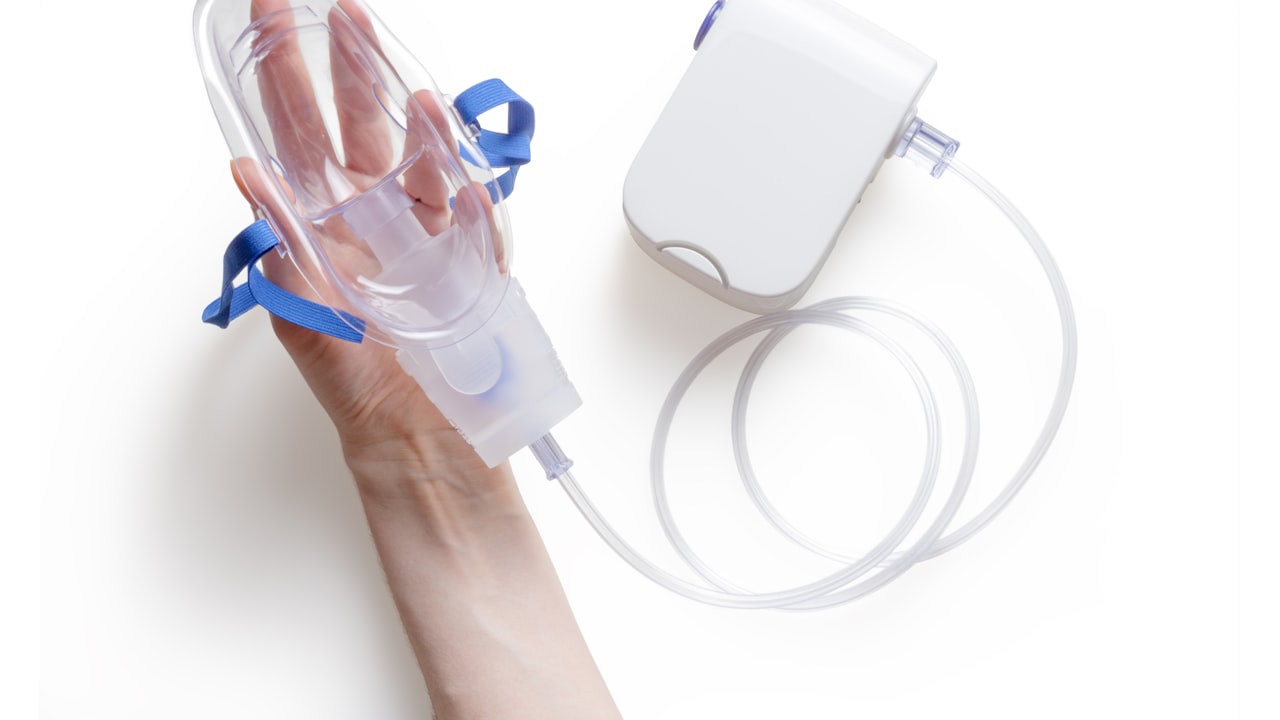Title: Designing High-Quality Injection Molds for Manufacturing Excellence
Injection molds play a crucial role in the manufacturing industry, particularly in the production of various plastic components. A well-designed injection mold can lead to high-quality products, increased efficiency, and cost savings. In this article, we will explore the importance of designing high-quality injection molds for manufacturing excellence.
Injection mold factories are responsible for producing injection molds that meet the specific requirements of their clients. These factories employ skilled engineers and designers who specialize in creating molds that are durable, precise, and efficient. When designing an injection mold, engineers consider factors such as material selection, part design, mold flow analysis, and cooling system design. These factors contribute to the overall performance and quality of the injection mold.
Choosing the right injection mold supplier is essential for achieving manufacturing excellence. A reliable supplier will work closely with the client to understand their unique requirements and design a mold that meets their specifications. Additionally, the supplier should have the capabilities to produce molds of various sizes and complexities to accommodate different production needs. Communication between the client and supplier is key to ensuring that the final injection mold meets expectations and delivers the desired results.
The design of an injection mold directly impacts the quality of the final product. A well-designed mold can help prevent defects such as warping, sink marks, and flash, resulting in consistently high-quality parts. Proper material selection is also crucial in ensuring the durability and longevity of the mold. Engineers must consider factors such as material properties, mold geometry, and production volume to optimize the performance of the injection mold.
In conclusion, designing high-quality injection molds is essential for achieving manufacturing excellence. Injection mold factories and suppliers play a critical role in delivering molds that meet the specific needs of their clients. By focusing on factors such as material selection, part design, and cooling system design, engineers can create molds that produce high-quality products efficiently and cost-effectively. Ultimately, investing in high-quality injection molds can lead to improved product quality, increased production efficiency, and overall manufacturing excellence.

 Title: “Innovations in Injection Moulds: Revolutionizing Plastic Manufacturing”
Title: “Innovations in Injection Moulds: Revolutionizing Plastic Manufacturing” Title: The Role of Injection Molds in Plastic Manufacturing
Title: The Role of Injection Molds in Plastic Manufacturing